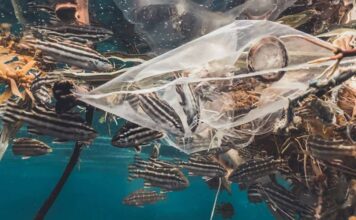Crabs are not only delicious, but also rich in protein and trace elements such as calcium, phosphorus, and zinc. Recently, a team from the University of Maryland in the United States has created a recyclable and cost-effective zinc-ion battery that can replace lithium-ion batteries through crab shells.
In recent years, the penetration rate of renewable energy in various countries has increased year by year, but green energy such as solar energy and wind power is intermittent and difficult to predict.
But lithium-ion battery energy storage systems are expensive to install and risk fires, and the polypropylene and polycarbonate separators in them take hundreds or thousands of years to decompose naturally.
Therefore, in addition to improving the safety and environmental benefits of lithium energy storage, scientists are also looking for alternative batteries.
And zinc-ion batteries are one of the cost-effective and safer alternatives, said Liangbing Hu, director of the Center for Materials Innovation at the University of Maryland.
In terms of crustal content, zinc is clearly more abundant than lithium, and zinc-ion batteries are also cheaper and safer.
It’s just that the current service life of zinc-ion batteries is not enough, and it is necessary to adjust the chemical configuration and find new catalysts.
But now the University of Maryland team has made a new breakthrough, which is different from the flammable and corrosive liquid electrolytes of traditional lithium-ion batteries.
In addition to developing a new and safe gel electrolyte, the team also used chitosan to make anodes for zinc-ion batteries.
Among them, chitosan is a derivative of chitin. Hu said that we can obtain chitin from fungal cell walls, crustacean exoskeletons and squid bones,
Chitin is more commonly found in the shells of seafood animals such as shrimp and crabs. It can be said that it is the waste of seafood dishes. Basically, there is no need to worry about the materials coming to the hospital.
According to the team’s tests, the zinc-ion battery with the new electrolyte performed well, in addition to preventing the growth of dendrites, at a high current density of 50 mAh/cm, it can still maintain 99.7% efficiency for 1,000 charge-discharge cycles.
Also because of the team’s environmentally friendly battery design, two-thirds of the battery can be decomposed by microorganisms, and the chitosan electrolyte can be completely decomposed within five months, and then the remaining zinc can be recovered.
But of course, the team still hopes that all parts of zinc-ion batteries in the future can be decomposed by substances.





